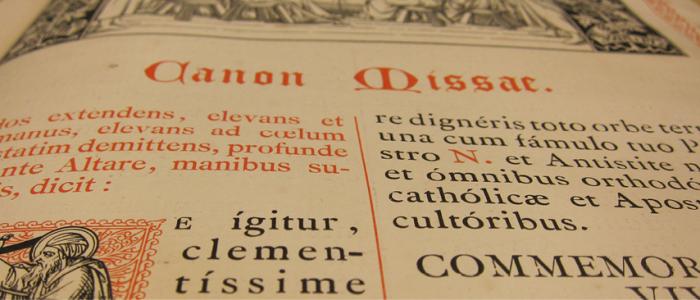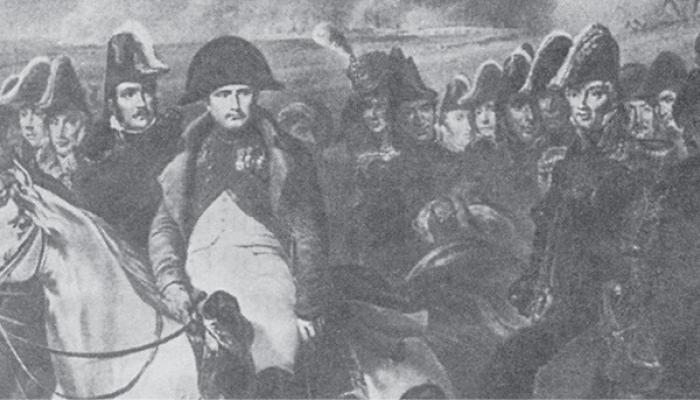
2.41 What was the Council of Trent?
The Council of Trent was an important event in the Catholic response to the Reformation (the Counter-Reformation). This Church Council was convened by Pope Paul III in 1545. The joint decisions made by the bishops and the pope during the Council were very important for the Church.
The council emphasised the essence of the faith, providing a more detailed explanation of the seven sacraments and a clearer definition of the structure of the Church. Bishops and priests were called to order where necessary. For many centuries, the documents of the Council of Trent would define the course of the Church.
In the century of the Reformation, the Catholic Church seemed almost to have come to her end. This new current which declared: "Now the Church of Rome is finished", seemed to triumph. And we see that with the great saints, such as Ignatius of Loyola, Teresa of Avila, Charles Borromeo and others, that the Church was resurrected. In the Council of Trent, she found a new actualization and the revitalization of her doctrine. And she lived again with great vitality. Let us look at the age of the Enlightenment, when Voltaire said: "At last this ancient Church is dead, humanity is alive!". And instead, what happens? The Church is renewed. [Pope Benedict XVI, Meeting with Albano priests, 31 Aug. 2006]





